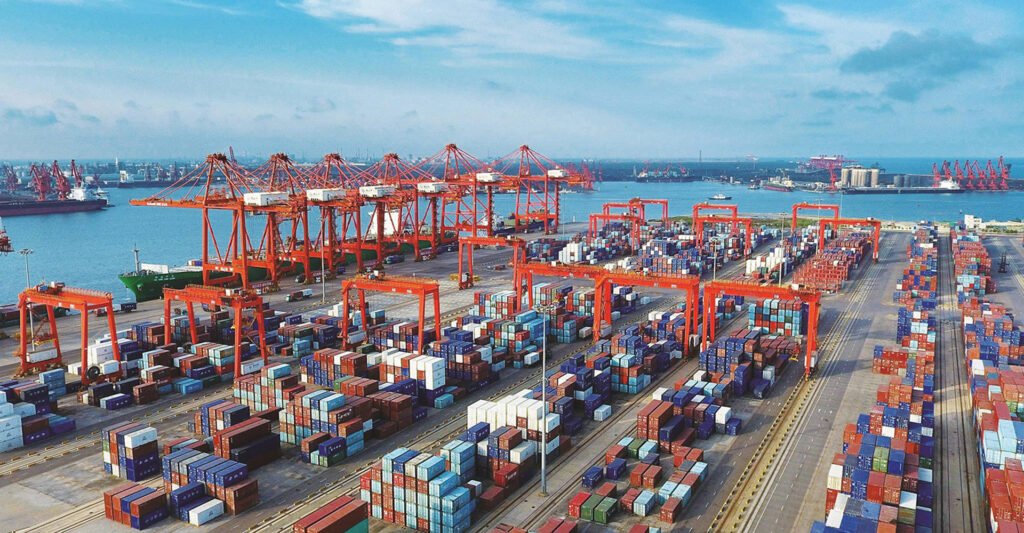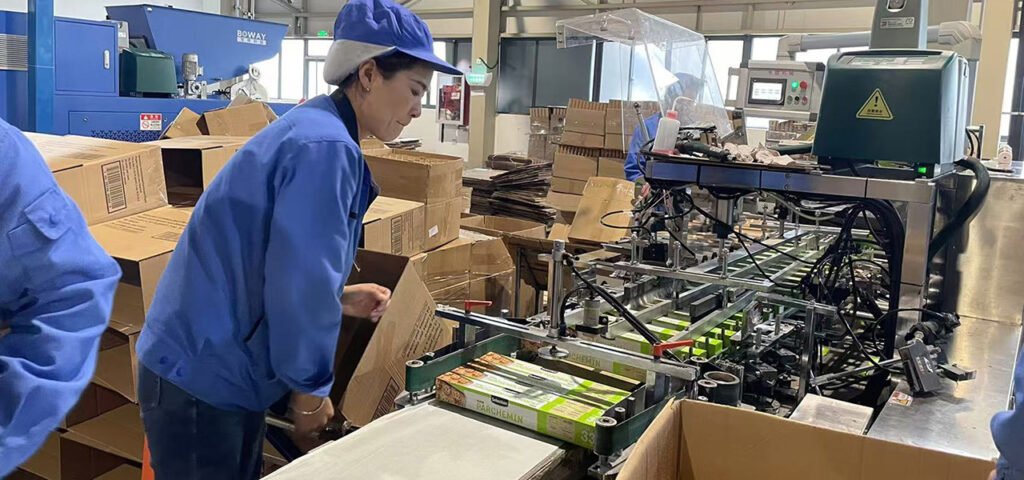When it comes to food-contact materials (FCMs) like baking paper, safety is non-negotiable. For procurement managers, distributors, and food brands, one of the first questions to ask a supplier is:
👉 Has this baking paper passed migration testing?
Migration testing is the scientific process of measuring how much of a material’s substances—such as coatings, inks, or additives—can transfer into food during use. This ensures that food-contact paper remains safe under real baking conditions.
In today’s global market, two regulatory frameworks dominate:
- EU migration testing protocols (COMP/NP)
- FDA food-contact regulations in the United States
Understanding these standards helps buyers avoid compliance risks, rejected shipments, and reputational damage.

🧪 What Is Migration Testing?
Migration testing evaluates how substances move from packaging into food under normal or extreme conditions. For silicone-coated baking paper, the main focus is its non-stick layer and greaseproof treatment.
- Overall migration → measures the total amount of non-volatile substances that migrate into food.
- Specific migration → checks for targeted chemicals like PFAS, mineral oils, or heavy metals.
Tests simulate real-world baking conditions: high heat, greasy foods, or moist environments.
🇪🇺 EU COMP/NP Testing: Rigorous Standards for Packaging
In the European Union, Regulation (EU) No 10/2011 and related standards guide migration testing. For greaseproof paper and silicone-coated baking paper, two test groups apply:
- COMP (Fatty Food Simulant Tests) → mimic contact with butter, oils, and fatty meats.
- NP (Non-Polar Simulant Tests) → simulate contact with dry baked goods or low-fat items.
Typical test conditions include olive oil, ethanol, or isooctane as food simulants, exposed to 175 °C for 2 hours.
📏 To pass, overall migration must remain below 10 mg/dm² of paper surface.
For EU importers, COMP/NP certification is essential documentation—proof that baking paper is safe across a wide range of food applications.

🇺🇸 FDA Protocols: A Functional Approach for the U.S.
In the U.S., the FDA (21 CFR regulations) governs food-contact materials. Unlike the EU, which sets a universal migration limit, the FDA uses a use-specific model:
- Conditions of use → testing matches intended application (e.g., baking up to 230 °C).
- Food simulants → oil, water, and other media simulate different food types.
- Substance limits → only approved materials (like silicone oils) are permitted, with specific maximum levels.
📌 FDA compliance is application-based. A supplier must prove the paper is safe under specific foods and conditions, not universally.
✅ Why Migration Testing Matters for Buyers
For B2B buyers, overlooking migration testing can have serious consequences:
- 🚫 Rejected shipments at customs.
- ⚠️ Regulatory penalties in strict markets.
- ❌ Brand damage if safety issues reach consumers.
Benefits of documented migration testing:
- Compliance across multiple global markets (EU, U.S., Asia-Pacific).
- Assurance that products are PFAS-free and safe for greasy foods.
- Increased trust from retailers and foodservice chains that demand supplier verification.
📌 Example: Runjia baking paper undergoes both EU COMP/NP and FDA protocols, covering fatty, aqueous, and dry food-contact scenarios. This dual compliance ensures smooth export to the EU, U.S., Japan, and Australia.

📄 Documentation Buyers Should Request
To protect your business, procurement managers should always request:
- Migration Test Reports → actual lab data for baking conditions.
- Declarations of Compliance (DoC) → referencing EU 10/2011 or FDA 21 CFR.
- Third-Party Lab Certificates → from SGS, TÜV, or equivalent.
- Batch-level testing records → crucial for high-volume institutional buyers.
🔑 Conclusion
Migration testing is not just a box to tick—it’s a safeguard for food safety, compliance, and brand reputation.
- 🇪🇺 EU COMP/NP testing → verifies safety for fatty and dry foods at high heat.
- 🇺🇸 FDA protocols → provide application-specific assurance for U.S. markets.
- 📄 Documentation → essential for B2B buyers managing global supply chains.
By sourcing from suppliers like Runjia, buyers can be confident that their baking paper is migration-tested, certified, and globally compliant—helping reduce compliance risks and ensuring consumer safety.
📧 Email:sales21@runjianewmaterial.com
🌐 Website:https://runjiapaper.com
📘 Facebook:Runjia Facebook Page








